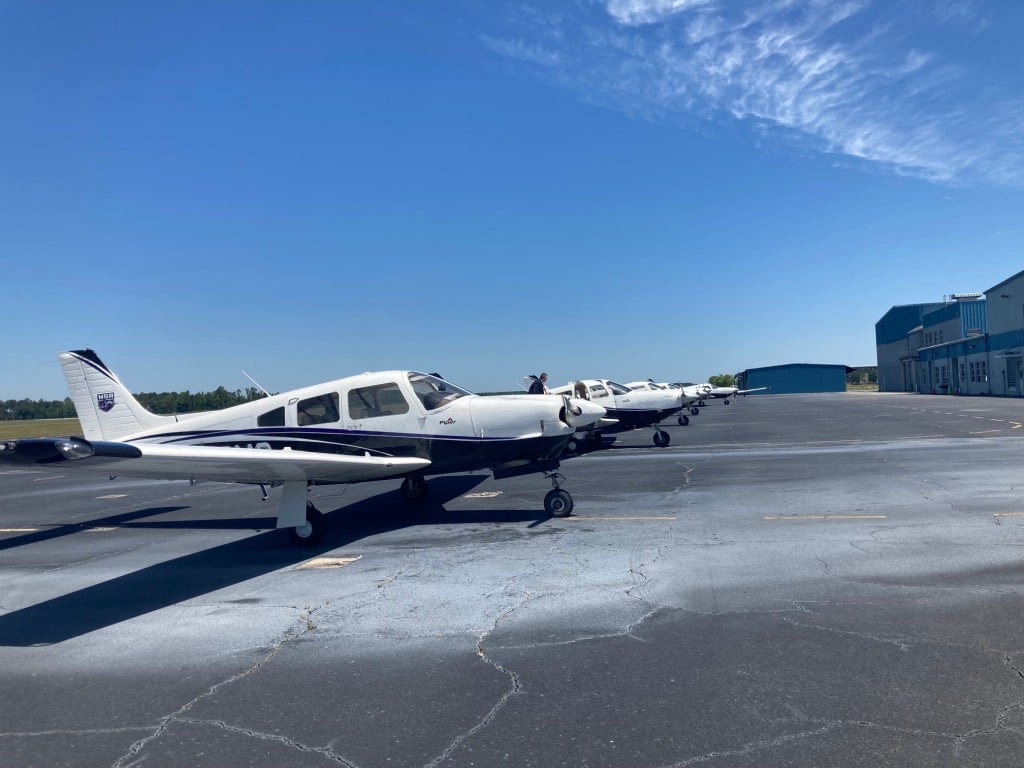Middle Georgia State joins FAA air traffic controller training program
FAA expands controller pipeline with partnership at Middle Georgia State University

MACON, Georgia (41NBC/WMGT)- U.S. Transportation Secretary Sean P. Duffy announced Tuesday that Middle Georgia State University will be the first school in Georgia to join the Federal Aviation Administration’s enhanced air traffic controller training program, according to a news release from the U.S. Department of Transportation.
The Enhanced Air Traffic-Collegiate Training Initiative (AT-CTI) expands access to the FAA’s advanced curriculum, helping to fast-track young Americans into air traffic control careers amid a nationwide staffing shortage.
FAA expands national training network
The agreement with Middle Georgia State University brings the number of participating AT-CTI programs to eight across seven schools nationwide. These institutions now offer a curriculum and simulation experience equivalent to that of the FAA’s Oklahoma City-based Air Traffic Controller Academy.
“We need more of the best and brightest in our towers to make our nation’s air traffic system the envy of the world,” Secretary Duffy said. “Enhanced AT-CTI programs like the one at Middle Georgia State University are key to building a next-generation workforce, reducing delays, unlocking the future of aviation.”
Georgia’s flagship aviation school joins the mission
Dr. Christopher Blake, president of Middle Georgia State University, highlighted the institution’s leadership in aviation education.
“As Georgia’s flagship aviation school, we take seriously the responsibility of equipping students with the knowledge, skills, and credentials needed for safe and efficient air travel,” Blake said. “Our commitment to our core value of Adaptability ensures our programs stay current with technological advances and industry changes, preparing graduates who can thrive in dynamic aviation environments.”
Addressing the national controller shortage
The announcement is part of Secretary Duffy’s broader strategy to accelerate the hiring and deployment of air traffic controllers. The FAA currently faces a shortage of approximately 3,000 controllers.
To combat this, the FAA has already qualified and referred more than 8,320 candidates to the Air Traffic Skills Assessment (ATSA). The new initiative also includes financial incentives for graduates and new hires who complete key milestones or accept roles at hard-to-staff facilities.



